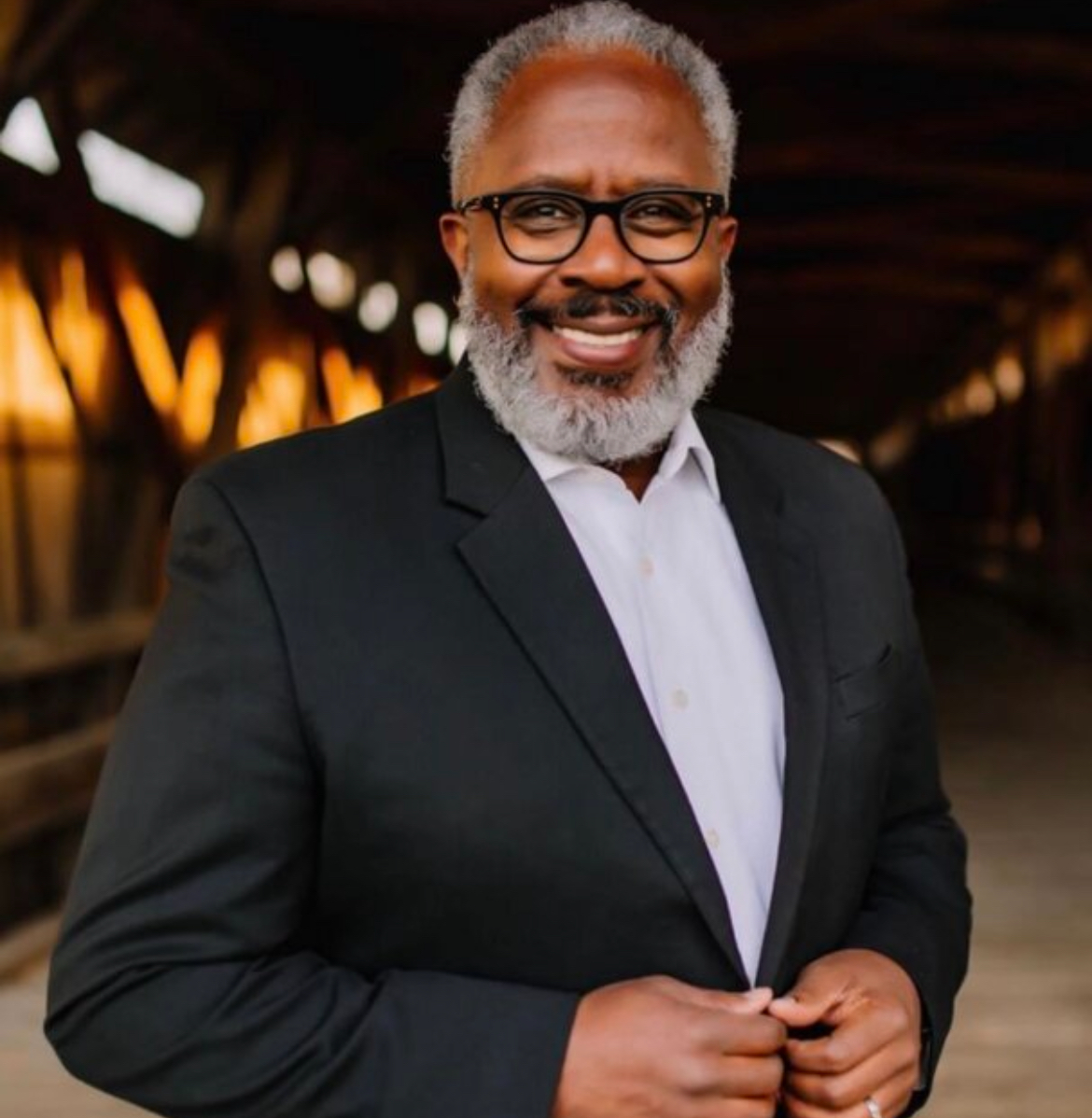Widespread threats of ICE deportations and new executive orders by the Trump administration undermine the lives of approximately 200,000 undocumented immigrants in the state, where bustling and vibrant communities of Hispanic immigrants reside comfortably in Maryland. Loyola University Maryland Professor of Latin American history David Carey said they are now more afraid than ever.
“This sort of impact is beyond disheartening. It’s really tragic in many ways for large numbers of people who have made incredible contributions to our country but who are not documented,” Carey said.
Carey said that increased threats from federal agencies make undocumented immigrants feel less secure. The history professor said that hispanics in Baltimore have always stayed “below the radar” but are now using the lack of attention to their advantage. He said that many are afraid to be out in public which is impacting their everyday lives.
Carey also serves as an expert witness on Guatemalan asylum cases for people who are fleeing violent situations. He believes he has witnessed the impact of fear firsthand while working for an asylum client. The case involved a young woman fleeing religious persecution from Hispanic Guatemalans who wanted her to convert to Catholicism.
“They in fact raped her and threatened to kill her, and so, she fled. She had a very strong case to gain asylum. The case was a week ago Monday, and she didn’t show up to court, and so she was ordered to be deported,” Carey said.
Carey said that he has now received more invitations than ever before to serve as an expert witness. He attributes this to fear over the administration shutting down the asylum system entirely. He said that people are desperate not to be deported back to places where they likely won’t survive—or will be forced to live in danger.
The professor is continuing to aid immigrants through his work as an expert witness. He said the easiest way for others to help undocumented people is by making sure they know their rights. Carey said, many are unaware that they have rights in the United States regardless of legal status.
“It is difficult to get that information because of social media and the sort of chaos coming out of the current administration in Washington. And so, there is all this sort of misinformation out there and fear and threats. Those are very real. It would be great if undocumented people know their rights,” Carey said.
Various organizations across Maryland are also working to inspire hope and protect undocumented immigrants. CASA Maryland is a non-profit organization that is working on both a legislative and assistance-based front to protect vulnerable communities. Resources are being distributed both online and at their in-person locations. The Esperanza Center is another non-profit organization that provides immigrants with various services including healthcare and legal advice.
Coalitions are also working to pool resources from organizations like CASA Maryland and the Esperanza Center, to reach local communities of undocumented immigrants. Maryland Latinos Unidos (MLU) was founded in 2020 to provide health equity and affordable housing to Hispanics during the pandemic. MLU Public Affair and Communications Specialist Carlos Orbe Jr. said that their focus has now shifted to help in the immigration debate.
Orbe Jr. shared that his interest in immigration began as a child when learning why his childhood friends were being deported. The advocate said that for a long-time, nonprofits needed to walk a fine line between saying the right things and being aware of external funding sources. He believes it is now time for them to step out of that realm and speak out for what is right and wrong.
MLU has collaborated alongside CASA Maryland, the AMICA Center for Immigrant Rights, and Catholic Charities of Baltimore to provide training sessions about know your rights education and strategies to interact with law enforcement. Orbe Jr. said that he actively monitors and responds to policy changes that affect vulnerable communities, including the proposed executive order to end birthright citizenship.
“Engaging with the community and finding out the fear that’s really taking place is kind of the only thing that is motivating me through such a gloom-filled time,” Orbe said.
MLU is working on expanding legal defense funding, healthcare, and providing humane alternatives to detention programs through collaboration with non-profit partnerships and state policy makers. They are also mobilizing community resources to ensure that people have access to emergency support.
Orbe Jr. said that maintaining the trust of undocumented immigrants is an ongoing battle. He said that nonprofits are filling in the gap of trust that the government has lost. Immigrants have seen their commitment during “good and bad days” and have learned to rely on the feeling of unity established by non-profits like MLU.
“They know that our community health workers, our maternal health ambassadors, our people on the ground are willing to be locked up with these people. I think in that sense we are tethered in body, mind, and soul,” Orbe said.
Two other Maryland residents’ leading efforts for undocumented Marylanders say their own history inspires them to keep working.
Executive Director of Maryland Latinos Unidos Dr. Gabriela Lemus was born in Mexico and was granted birthright citizenship because of her mother’s status as a U.S. citizen. Her strong cultural connection led her to pursue an over 25-year career in civil rights and social advocacy. This culminated with her current work in MLU.
“I love it and I’m passionate about it. I’m still doing it, and I will continue to do it probably until my last days, which will have many more moons to go, but I am,” Lemus said.
President of the Latino Racial Justice Circle (LRJC) Susana Barrios immigrated from Guatemala during the 1980’s to escape the civil war. Her work through the LRJC includes funding educational scholarships, connecting immigrants with legal resources, and advocating for state legislation that supports Hispanics. Barrios said she doesn’t know what would have happened to her family if they hadn’t been sponsored by her aunt to come to the United States.
“I feel that I have the privilege of being a U.S. citizen now so I can speak up without being afraid of something happening to me. So, I think that I have to do it for those who cannot do it themselves. Because people right now are just really scared, so I will use my privilege in any way I can,” Barrios said.
If you or someone you know needs help, consider contacting any of the organizations linked in this article. Additional contacts provided by Baltimore’s Mayor’s Office of Immigrant Affairs (MIMA) include, Southeast CDC, Just Neighbors, and the Tahirih Justice Center.










































































































